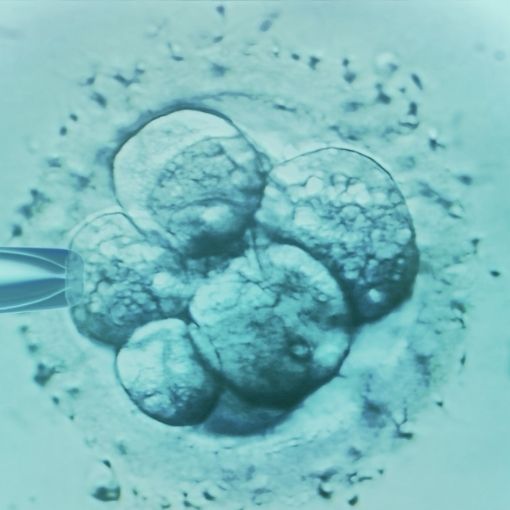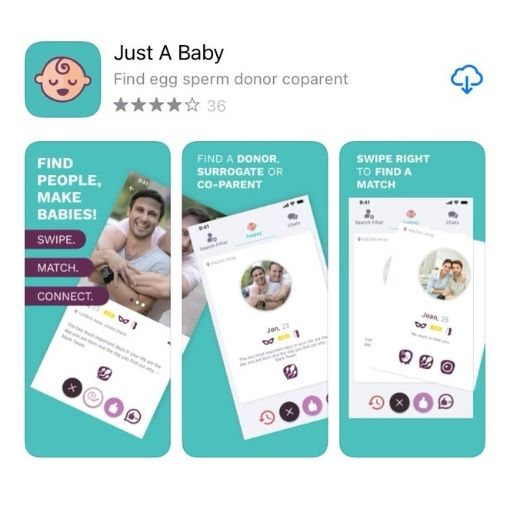No one that plans to start or expand their family expects to struggle with infertility. For most, it’s something we are aware of that happens to others that we don’t give any real thought to until our own attempts to start a family fail, and perhaps it’s time to consider if something else is preventing us from getting pregnant. Getting pregnant takes an average couple around 12 months, so if you’ve only been trying a short time and have no medical concerns, it might not be time to worry, and the best advice is to track ovulation, review your diet and exercise and keep trying. If you have been trying for longer, we get it. It’s hard.
Dealing with infertility is hard and an emotional journey no one wishes for. However, it’s essential to remember that you are not alone, and various resources and options are available to help you navigate this path. As many as one in six couples struggle with infertility, so it’s probably more common than you think.
This blog post will explore what infertility is, what can cause it, and when and how to seek professional help.
What is Infertility?
Infertility is generally defined as the inability to conceive after a year of regular, unprotected intercourse. It affects both men and women and is a widespread issue worldwide. According to the World Health Organisation (WHO), approximately 17% of couples struggle with infertility. While it may feel isolating, it’s essential to know that infertility is a medical condition that can often be treated or managed with the right interventions and doesn’t necessarily mean you won’t be able to have a baby.
Common Causes of Infertility:
Many things can cause infertility, and sometimes it can be unexplained with no definitive cause. But it’s important to understand the cause so your doctor can recommend the appropriate treatment options. Here are some common reasons:
Female Factors:
a. Ovulatory Disorders: Conditions such as polycystic ovary syndrome (PCOS) and hormonal imbalances can disrupt the ovulation process, making it difficult to conceive.
b. Fallopian Tube Issues: Blockages or damage to the fallopian tubes can prevent the sperm from reaching the egg, leading to infertility.
c. Endometriosis: This condition occurs when tissue similar to the lining of the uterus grows outside of the uterus, affecting fertility.
d. Age-related Factors: As women age, the quantity and quality of their eggs decline, making conception more challenging.
Male Factors:
a. Low Sperm Count: Insufficient sperm production or poor sperm quality can reduce the chances of conception.
b. Structural Abnormalities: Blockages or abnormalities in the male reproductive system can hinder the delivery of sperm during the baby dance.
c. Hormonal Imbalances: Disruptions in hormone levels can impact sperm production and function.
Combined Factors:
In some cases, both male and female factors contribute to infertility. This is why it’s super important that both partners undergo evaluation and treatment.
Signs and Symptoms of Infertility
Of course, not getting pregnant is the biggest red flag for most that something isn’t right; there are specific symptoms that may indicate an underlying issue. These include:
- Irregular menstrual cycles or absent periods
- Painful or heavy periods
- Abnormal or excessive hair growth
- Pain or discomfort during intercourse
- Changes in sexual desire or function
- Erectile dysfunction or ejaculation problems in men

When to Seek Help
If you have been trying to make a baby for a year or more without success, it may be time to seek professional assistance. However, there are some situations where seeking help earlier is recommended:
- Women over 35: Women aged 35 or older should consult a healthcare professional after six months of unsuccessful attempts to conceive.
- Known Medical Conditions: If you or your partner have a known medical condition that could affect fertility, it is advisable to seek help sooner.
- Multiple Miscarriages: Experiencing two or more miscarriages requires medical evaluation.
- Irregular Cycles or Absent Periods: If your menstrual cycles are irregular or you do not have periods, consider seeking help sooner.
How to Get Help
When you decide to seek help for infertility, there are several steps you can take:
Speak to your doctor. Start by scheduling an appointment with your GP to a fertility specialist. They will likely refer you to a fertility specialist. A fertility specialist will conduct a comprehensive evaluation.
The diagnostic tests may include blood work to assess hormone levels, ultrasound scans to evaluate the reproductive organs, and semen analysis for male partners so they can be sure what is the cause of your infertility.
The treatment approach will depend on the specific cause of infertility. Some common treatment options include:
a. Medications to stimulate ovulation or regulate hormones
b. Assisted Reproductive Technologies (ART) like In Vitro Fertilisation (IVF)
c. Surgical interventions to correct structural abnormalities
The treatment recommended will be based on the results of your evaluations and diagnostic tests specific to you.
Dealing with infertility can be emotionally draining. Seek support from friends, family, or infertility support groups like the Hoopsy fertility community. We don’t talk about infertility enough, considering it affects so many. Mental health professionals with experience in infertility can also provide valuable assistance to help you navigate this difficult time.
Conclusion
Infertility can be complex and emotionally challenging, but there is hope. By understanding the causes, recognising the signs, and seeking help, you are taking important steps towards building or starting your family. Looking to talk to someone who really understands what you are going through? Jump into the Hoopsy fertility community and ask us anything. We can’t wait to meet you.




